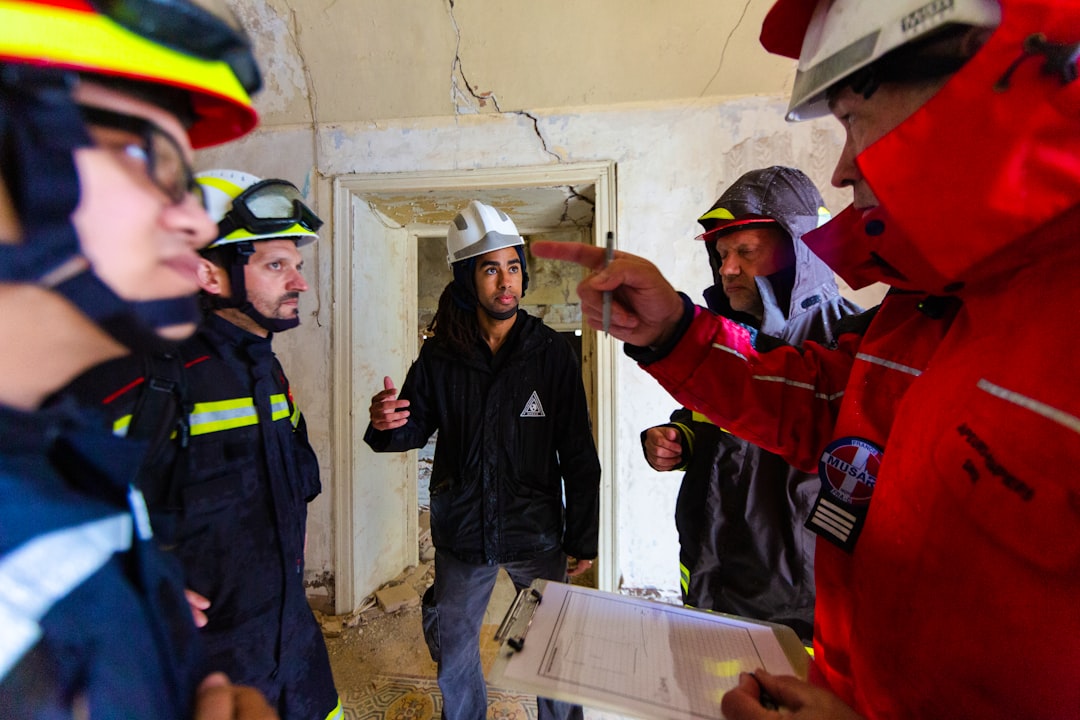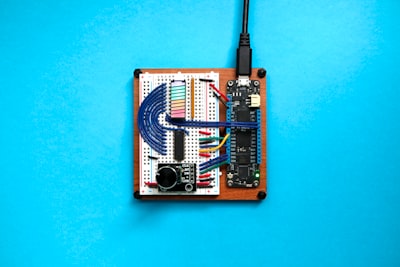Journal article
The Role of Electronic Medical Records (EMRs) and Health Informatic Technician in Enhancing Interdisciplinary Collaboration
Background: Electronic Medical Records (EMRs) play a pivotal role in enhancing interdisciplinary collaboration in Emergency Medicine Informatics (EMI). Utilizing advanced technologies such as EHRs, CDSS, telemedicine, data analytics, interoperability, and patient monitoring systems, EMI aims to improve clinical outcomes and streamline workflows in emergency departments. Methods: This study explores the impact of EMRs on interdisciplinary collaboration by analyzing the implementation of EHRs, CDSS, telemedicine, data analytics, interoperability, and patient monitoring systems in emergency medicine settings. Through a review of existing literature and case studies, the effectiveness of these technologies in enhancing patient care and clinical decision-making is evaluated. Results: The integration of EMRs has significantly transformed emergency care by improving the accuracy of patient records, reducing medication errors, and enhancing the quality of diagnoses and treatments. CDSS aids in minimizing diagnostic errors and improving adherence to clinical guidelines, while telemedicine enables rapid access to specialist care, particularly in remote areas. Data analytics and predictive modeling enhance resource allocation and operational efficiency in emergency departments. Interoperability ensures seamless data exchange, leading to more informed clinical decisions and coordinated patient care.















































